In keeping with SAMHIN’s mission of greater dialogue on mental health in the South Asian community and to highlight the important work of others in this area, we invited Anju Puri, to share her grief journey and tips.
Born in India and raised in New York, I am a transformational leader with over 25 years of experience in corporate and financial organizations. I am a proud wife and a mom of two beautiful children and totally blessed to be surrounded by loving family and friends. Life has always been kind to me but somehow even when I continued to grow and evolve, I felt there had to be something more to my life.
I felt at my lowest when my parents passed away. After I lost my dad ten years ago, I thought I had given myself enough time and had a good closure, but it was during this period, I started seeing life differently. My craving to find a bigger purpose beyond my overprioritized job and daily routine started to get much stronger. In order to find a life of inner joy and fulfillment, I had to shift from “a stuck mindset” to an action-oriented mindset. I turned to many volunteering opportunities and meditation practices which all gave me a true sense of joy and peace; however, a deep feeling of emptiness remained inside me. Regardless of these feelings, I continued to live my life to its fullest and surrounded myself with lots of love.
In the past year, I chose to slow down the pace of the rat race and prioritize my holistic well-being. I felt very disheartened realizing the lack of support for mourning families. Once I acknowledged I was not feeling my true self, I decided to press the “pause” button in my life. I chose to make myself the priority in my life. I am taking the time to fully embrace my emotions and seek help when necessary. I am greatly amazed how help came from the most unexpected encounters which have all contributed to realizing my bigger purpose in life.
In this journey, I have also realized that society needs to be more informed about grief. The South Asian culture focuses on the rituals and rites versus the emotional and mental well-being of the bereaved families. Quietness often becomes the “norm.” Don’t get me wrong, I have the utmost respect for our traditions and customs, but I also see people suppressing themselves and hiding behind their emotions. It’s expected for you to simply “get through” the loss and go about your “normal” life. This can further intensify the pain leading to diseases, traumas, and other complications.
Having a family history of mental diseases, I have chosen to be more open-minded and seek support through different modalities. I am inspired by my own journey and would love to provide support to those who are struggling with grief. I look forward to breaking mental health stigmas by raising awareness through my work at SAMHIN.
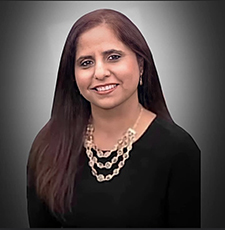 By Anju Puri
By Anju Puri
SAMHIN volunteer
We would love to hear your comments on this blog post.
Subscribe to the SAMHIN blog to be notified when the next post is published.
Feature image by Mike Labrum on Unsplash

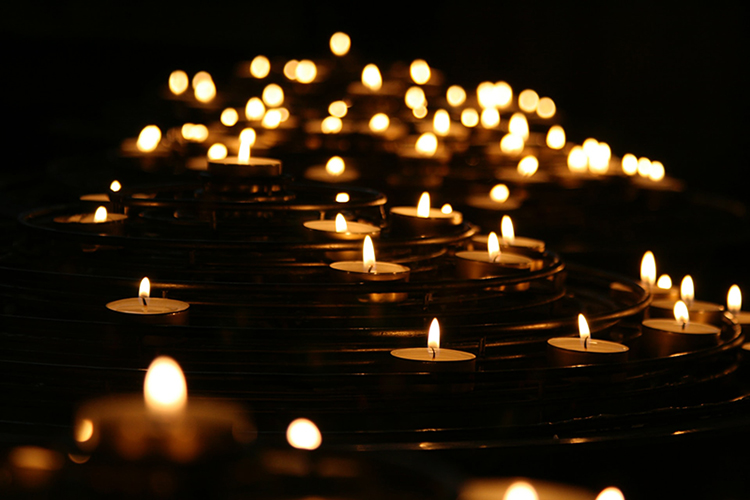

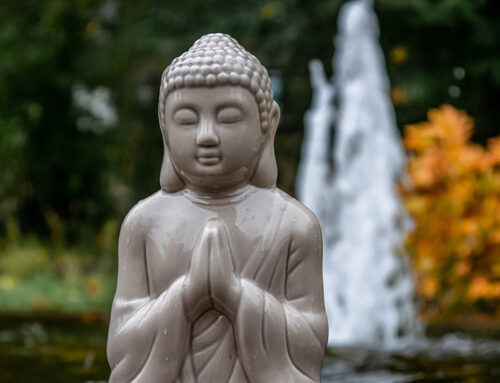
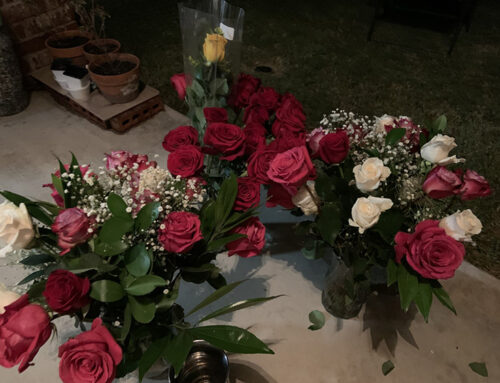
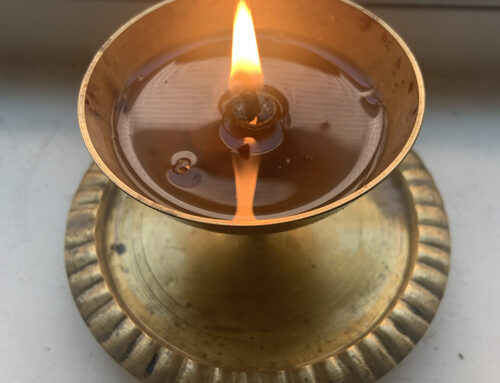
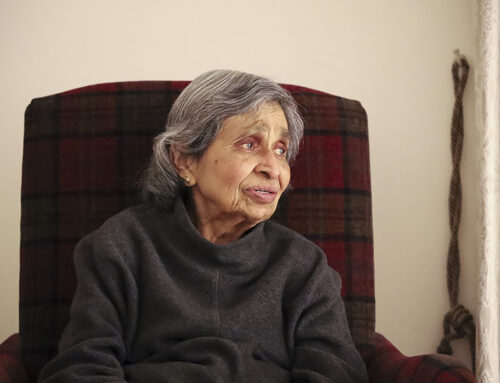
Hi,
Anju puri, you are doing amazing job to bring awareness in South Asian Community about loss and grief. It’s heart touching topic, sometimes people are not aware of what they are going through or they are very shy to come forward to talk about it.. Keep it up.
Thank you, Anju W for your kind words. It means a lot coming from you. Sharing my own journey and what I continue to learn inspires me to greatly serve in this space. A topic less talked about in families and at workplaces, it has a huge impact on mental health. I am very grateful to be associated with SAMHIN and their work.